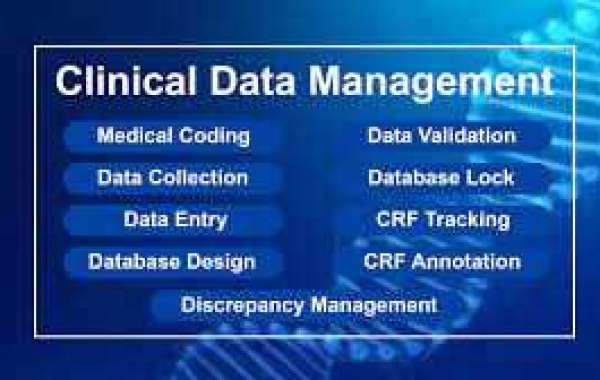Introduction
In the ever-evolving landscape of healthcare and medical research, data serves as the foundation for informed decisions and innovative breakthroughs. Clinical Data Management Solutions have emerged as vital tools for maintaining the accuracy, integrity, and security of research data. In this comprehensive guide, we delve into the world of Clinical Data Management Solutions, exploring their significance, features, benefits, and frequently asked questions.
Clinical Data Management Solutions: Streamlining Research for Better Outcomes
Clinical Data Management Solutions, also known as CDMS, play a pivotal role in ensuring that data collected during clinical trials and medical research are accurate, consistent, and reliable. These solutions offer researchers a standardized platform to capture, manage, and analyze data effectively. By automating various data-related tasks, CDMS not only saves time but also mitigates errors, ultimately contributing to the quality and credibility of research outcomes.
Key Features of Clinical Data Management Solutions
Data Capture and Validation: CDMS enable efficient data entry and validation, reducing the likelihood of errors at the source.
Customized Data Forms: Researchers can create tailored data entry forms, ensuring relevant information is captured accurately.
Data Encryption and Security: Robust security measures protect sensitive patient information, maintaining compliance with data protection regulations.
Audit Trails: CDMS maintain detailed audit trails, allowing researchers to track changes made to the data throughout the research process.
Remote Data Capture: Some solutions facilitate remote data capture, enabling real-time data entry from different locations.
Integration Capabilities: Integration with other research tools and systems enhances efficiency and data accuracy.
Advantages of Using Clinical Data Management Solutions
Enhanced Data Accuracy: CDMS reduces manual data entry errors, leading to more reliable research outcomes.
Efficient Data Monitoring: Researchers can monitor data quality and integrity in real time, addressing issues promptly.
Time and Cost Savings: Automation of data-related tasks minimizes administrative burdens and accelerates research timelines.
Regulatory Compliance: CDMS help ensure compliance with regulatory guidelines and data protection laws.
Collaboration and Accessibility: Researchers from different locations can collaborate seamlessly on the same dataset.
Data Traceability: Audit trails provide a clear record of all changes made to the data, enhancing transparency and accountability.








